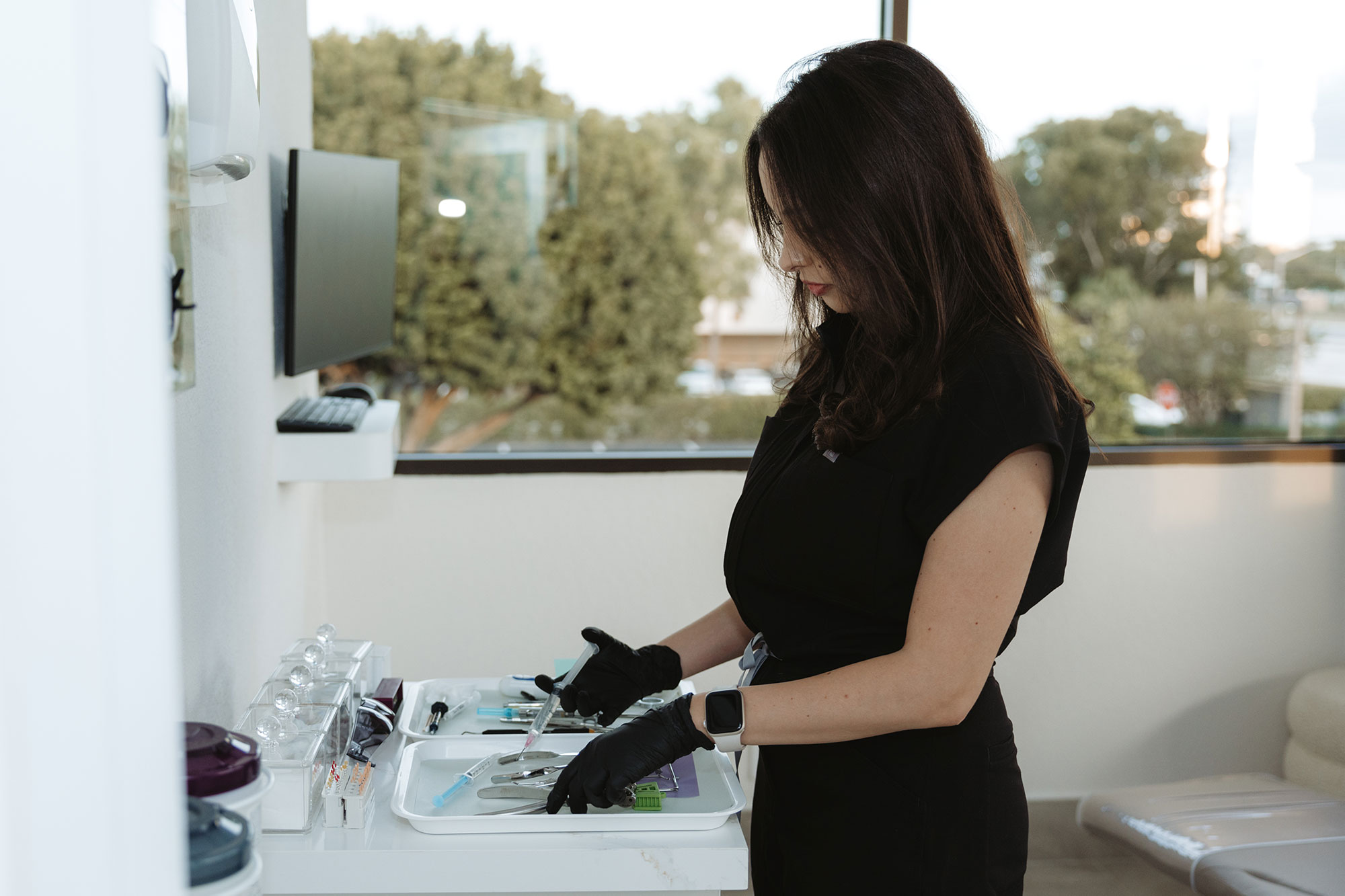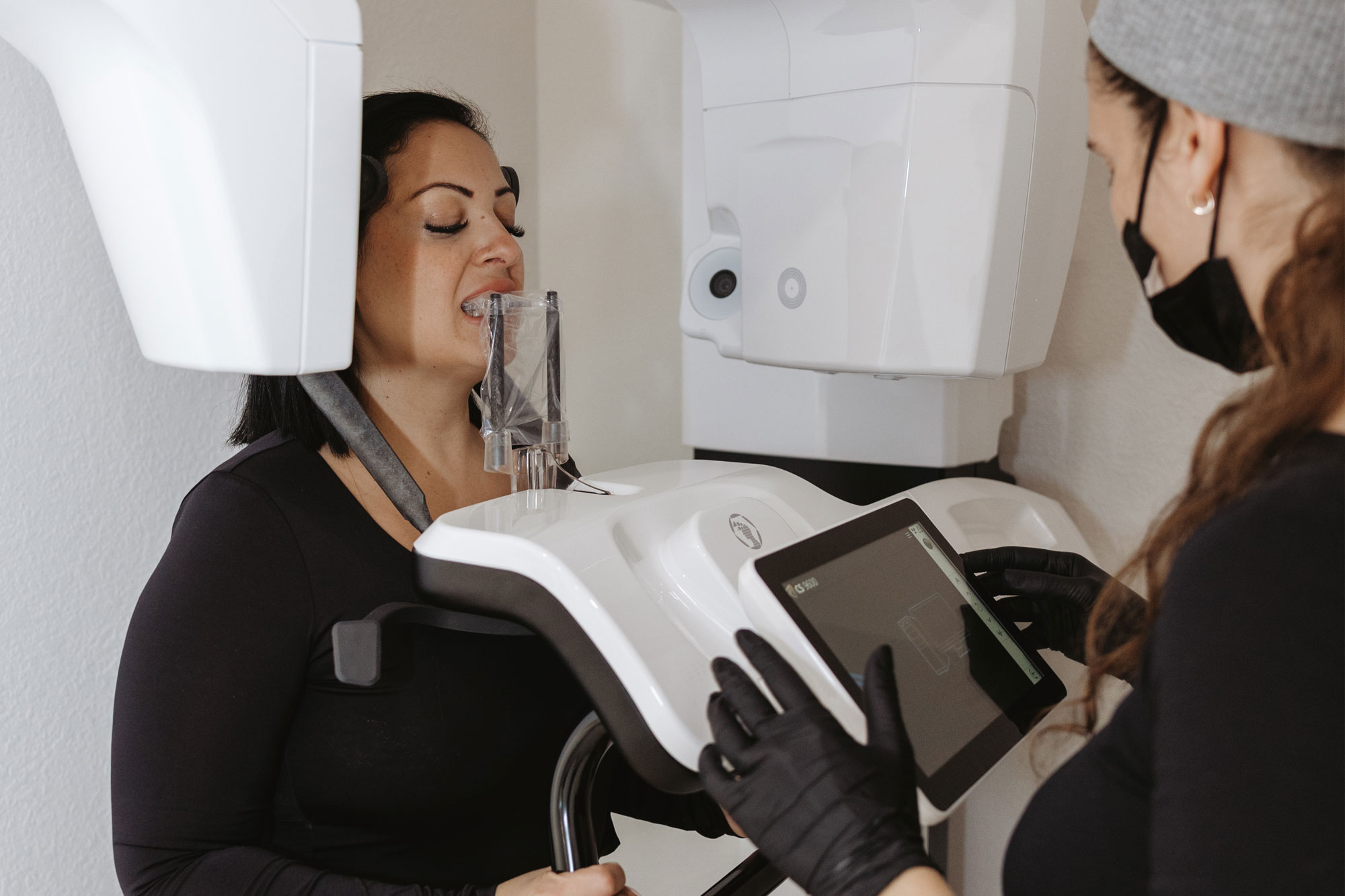Home – FAQs

Thanks to modern techniques and anesthesia, root canal treatments are typically no more uncomfortable than getting a standard filling. Our team prioritizes your comfort every step of the way.
We work with many major dental insurance providers and strive to make the claims process as seamless as possible. Contact our office for a full list of accepted plans.
At Jakob Endodontics, we specialize in advanced root canal therapy to save your natural teeth and restore your oral health.


Save your natural tooth with pain-free root canal therapy that removes infection and restores function.


Expert care for correcting previously mistreated teeth, ensuring that this time along you will receive long-term success. Our promise at Jakob endodontics is treating you, not mistreating you. Correct your endodontic care with us today, ensuring long term success and comfort.


Apicoectomy, a microsurgical procedure- just another tool in our bag of tricks to treat complex cases and save teeth from extraction. Trust the experts.